-
- Industry
- Material
- Capability
- Products
- Blog
- Sitemap
- Newsletter
- Whatsapp 8615951276160
- Industry
- Material
- Capability
- Products
- Blog
- Sitemap
Navigating the Reliable Sourcing Options in China: Understanding the Key Differences Between Brass and Bronze in SourcifyChina Factories
When it comes to sourcing products from China, it is essential to understand the differences between brass and bronze materials. SourcifyChina factories commonly work with both materials, each offering unique properties and advantages.
Brass is an alloy of copper and zinc, known for its durability, corrosion resistance, and attractive gold-like appearance. It is commonly used in a wide range of applications, including plumbing fixtures, hardware, musical instruments, and decorative items. Brass can be easily machined and recycled, making it a cost-effective and sustainable material choice for manufacturers.
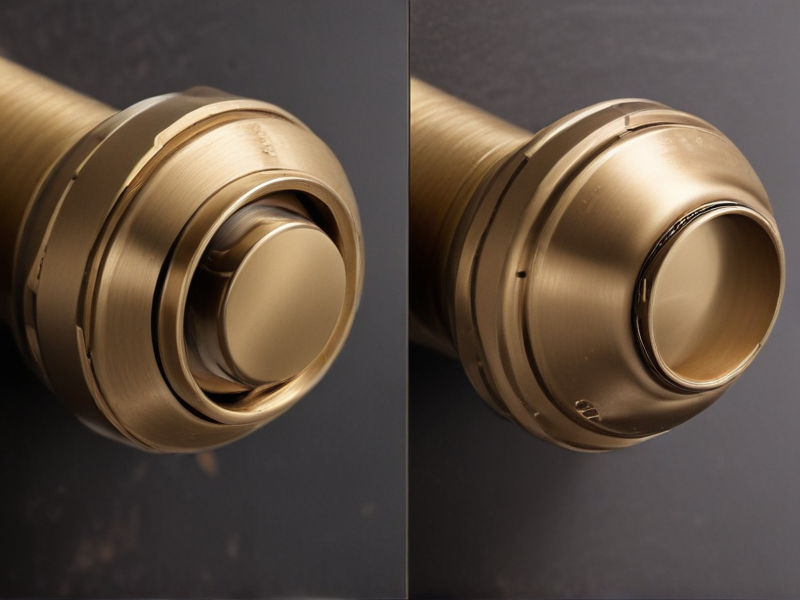
SourcifyChina can help clarify the differences between brass and bronze, ensuring you choose the right material for your project. Brass is copper alloyed with zinc, offering a bright gold appearance and excellent corrosion resistance. Bronze, a mix of copper and tin, is harder and more durable.
Understanding the distinction between brass and bronze is crucial for product functionality and aesthetics. Brass is commonly used in decorative applications due to its shiny finish, while bronze is favored for its strength in mechanical components and sculptures. SourcifyChina can guide you on the best material selection.
SourcifyChina’s expertise can assist in optimizing the manufacturing process based on your material choice. Brass is easier to machine and has good formability, making it suitable for intricate designs. Bronze, being tougher and more resistant to wear, is preferred for heavy-duty applications like bushings and bearings.
Brass and bronze are both alloys made from copper, but with different compositions. Brass is made by combining copper with zinc, while bronze is made by combining copper with tin and other elements. The addition of zinc gives brass a more golden color, while bronze typically has a reddish-brown hue.
In terms of properties, brass is more malleable and has a lower melting point compared to bronze. This makes brass easier to work with in terms of shaping and forming. On the other hand, bronze is harder and more durable, making it suitable for applications where strength and longevity are important.
Both brass and bronze have been used for centuries in various applications, from decorative items to industrial components. Brass is commonly used for plumbing fittings, musical instruments, and decorative hardware, while bronze is often used for sculptures, bearings, and ship propellers.
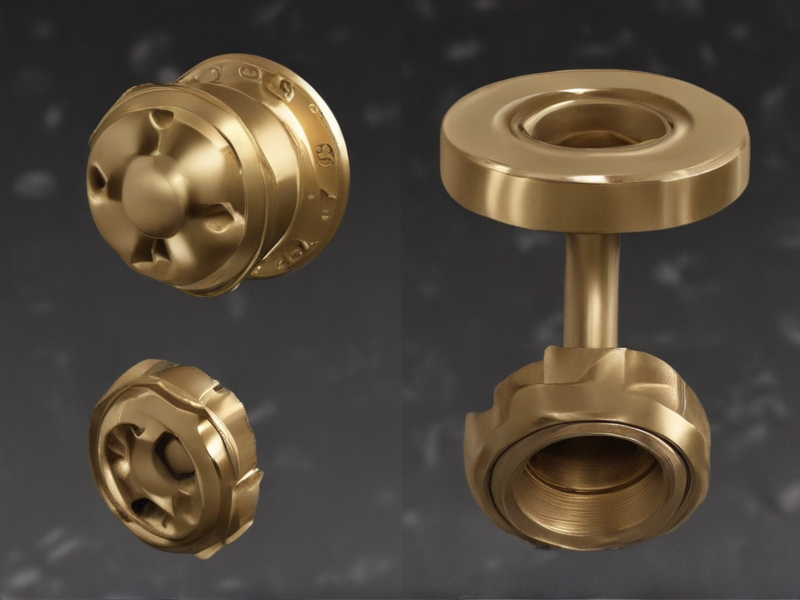
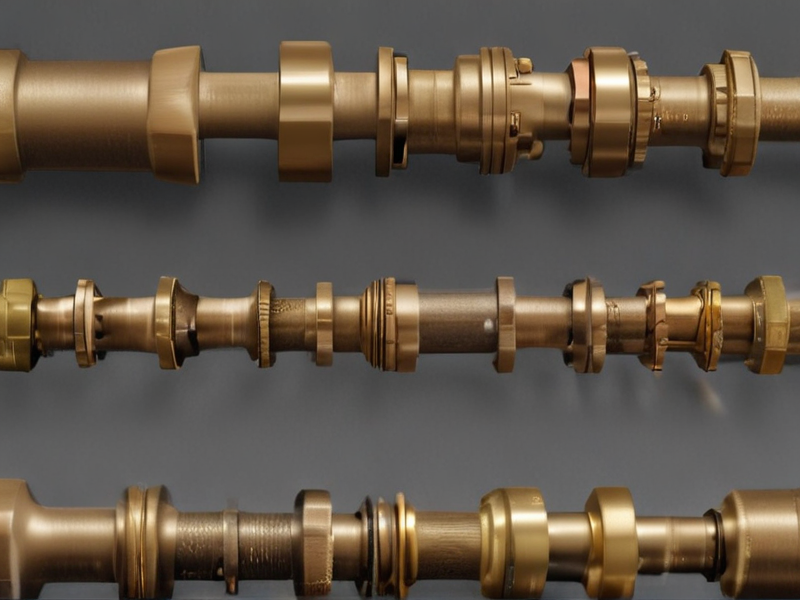
Brass is an alloy made primarily of copper and zinc, while bronze is made of copper and tin. Brass is more malleable and ductile, while bronze is harder and more corrosion-resistant. Both alloys are commonly used in the manufacturing of industrial components and decorative items.
Brass is often used in making musical instruments, plumbing fittings, and decorative hardware due to its bright gold-like appearance. Bronze, on the other hand, is commonly used in sculptures, statues, and architectural elements because of its durability and ability to develop a rich patina over time.
SourcifyChina Factory is a trusted partner for buyers seeking quality brass and bronze products in China. Our factory has years of experience and expertise in manufacturing metal products, ensuring top-notch quality and competitive pricing.
When it comes to purchasing the difference between brass and bronze, SourcifyChina Factory offers comprehensive knowledge and guidance to help buyers make the right choice. We understand the distinct properties and applications of each metal, ensuring that you get the best product for your needs.
Our factory sources high-quality raw materials for brass and bronze production, guaranteeing durability and longevity for our products. We also have skilled craftsmen who are proficient in creating intricate designs and finishes for a variety of applications.
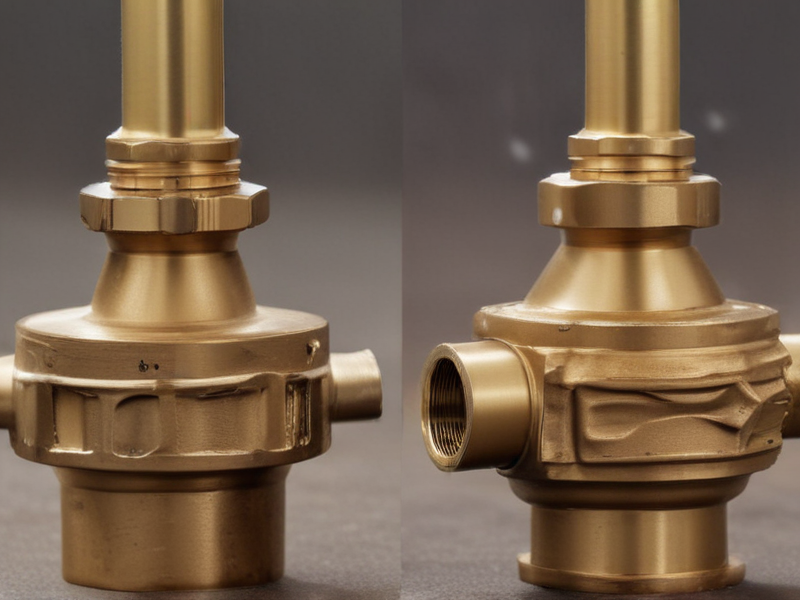
Unlocking the Secrets of Brass and Bronze: Understanding the Differences for Your China Factory Sourcing Needs
In the world of manufacturing, the distinction between brass and bronze can be a critical one. As a buyer looking to source products from a China factory, understanding these differences can make a big impact on the quality, cost, and performance of the products you receive.
Brass and bronze are both alloys of copper, but they vary in their composition. Brass is primarily made up of copper and zinc, while bronze is a combination of copper and tin, with other metals sometimes added in smaller amounts. This difference in composition gives each material unique properties that make them suitable for different applications.
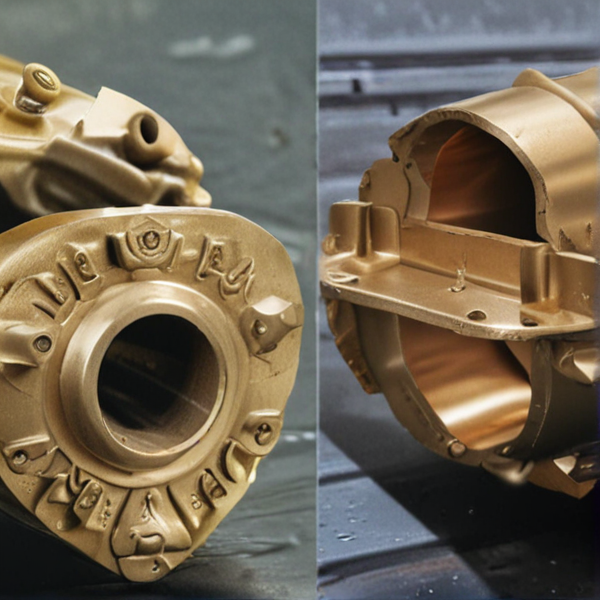
The automotive industry often relies on brass and bronze components for various applications within vehicles. Brass is commonly used for parts such as valves, connectors, and fittings due to its high corrosion resistance and electrical conductivity. On the other hand, bronze is frequently utilized for applications that require high strength and durability, such as bearings, bushings, and gears. Understanding the differences between brass and bronze materials is crucial for automotive manufacturers to select the appropriate material for each specific application.
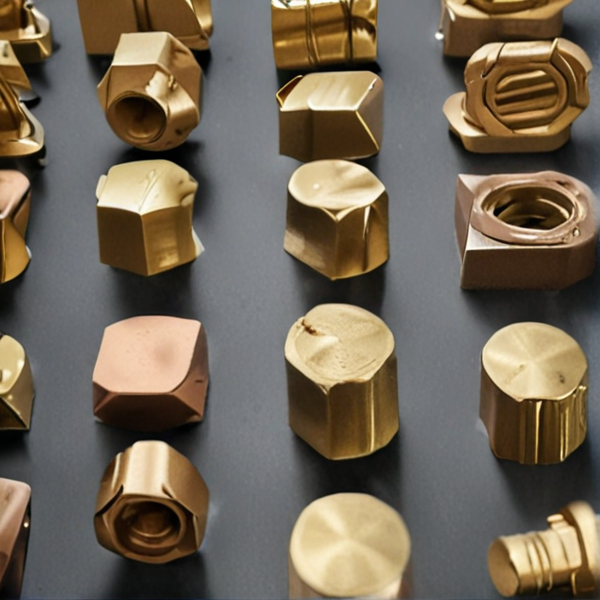
When it comes to equipment manufacturing, the choice between using brass or bronze can have a significant impact on the quality and performance of the finished product. Brass is commonly used in manufacturing applications due to its superior corrosion resistance, making it an ideal choice for equipment that will be exposed to harsh environments or chemicals. On the other hand, bronze is a stronger and more durable material, making it well-suited for heavy-duty equipment that requires high wear resistance.
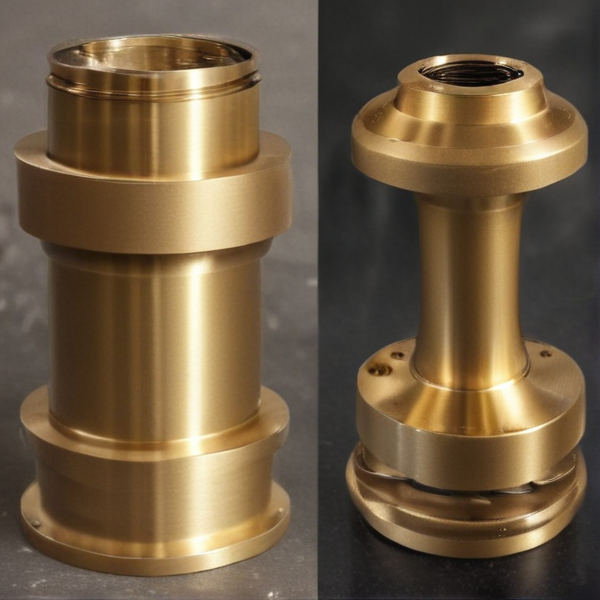
In industries, understanding the difference between brass and bronze in the context of sourcing from China factories can be crucial for ensuring the quality and performance of the final products. Brass is an alloy of copper and zinc, known for its durability, corrosion resistance, and malleability. It is commonly used in industries such as plumbing, electrical, and automotive for its conductivity and aesthetic appeal. On the other hand, bronze is an alloy of copper and tin, known for its strength, hardness, and wear resistance. It is often used in industries such as marine, aerospace, and architectural for its durability and ability to withstand corrosion.
SourcifyChina factory control the difference between brass and bronze quality by conducting thorough inspections and tests on the materials used. They pay close attention to the composition of the alloys in order to ensure that the correct blend is being used for each specific product. This meticulous approach helps to maintain consistent quality across all their brass and bronze products.
Furthermore, SourcifyChina factory utilizes advanced technology and equipment to accurately measure the hardness, density, and other properties of the brass and bronze materials. This allows them to identify any discrepancies or inconsistencies in the quality of the materials and take corrective actions before they impact the final products. By closely monitoring the manufacturing process, they are able to ensure that only high-quality brass and bronze products are produced.
Since 2013, this client from the United States has purchased numerous filling machines for both CBD and eliquid oil.

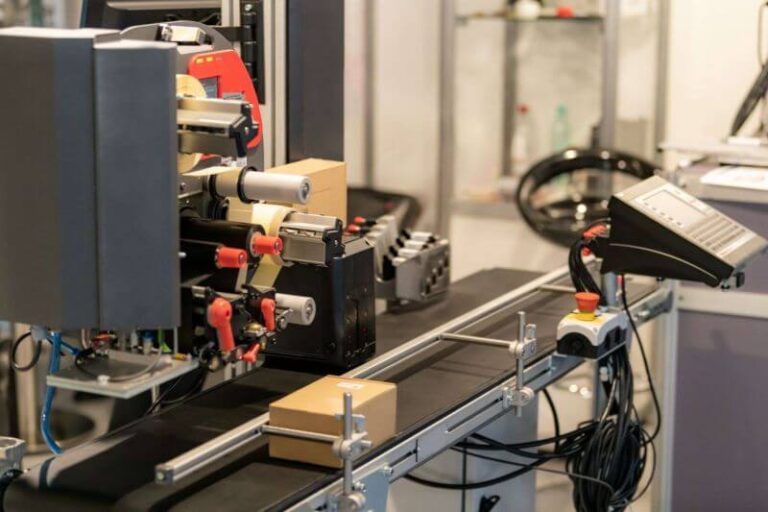
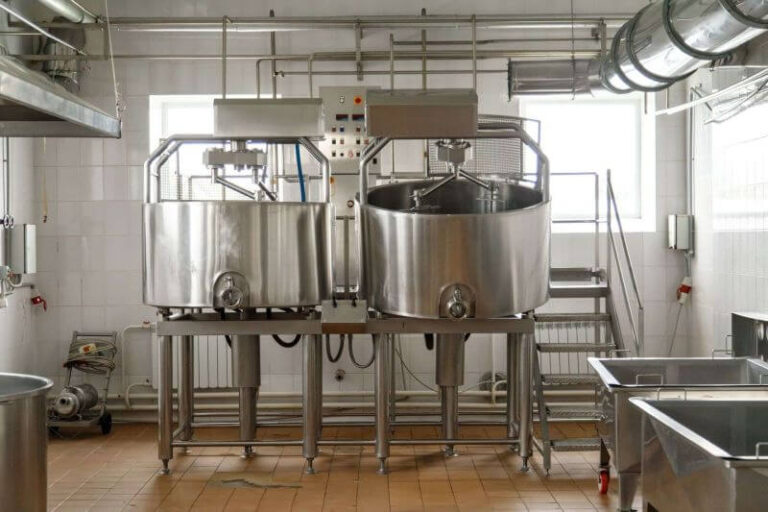



1. What is the difference between brass and bronze in terms of quality work from SourcifyChina factory?
Brass and bronze are both popular materials used in manufacturing due to their durability and aesthetic appeal. Brass is an alloy of copper and zinc, while bronze is an alloy of copper and tin. In terms of quality work from SourcifyChina factory, brass typically has a higher tensile strength and better corrosion resistance compared to bronze. This makes brass more suitable for applications requiring strength and resistance to environmental factors.
Brass and bronze are both commonly used materials in manufacturing due to their durability, versatility, and aesthetic appeal. While they share similarities in appearance and properties, there are key differences in their composition and manufacturing processes.
Brass is an alloy primarily composed of copper and zinc, while bronze is an alloy of copper and tin. The ratio of these metals can affect the properties of the final product, such as hardness, machinability, and corrosion resistance.
In terms of manufacturing, brass is typically easier to machine and has a lower melting point compared to bronze. This makes brass a popular choice for products requiring intricate detailing or precise machining. Bronze, on the other hand, is known for its strength and wear resistance, making it ideal for applications where durability is paramount, such as bearings and gears.
1. What is the difference between brass and bronze?
Brass and bronze are copper alloys, but they differ in their composition. Brass is primarily made of copper and zinc, while bronze is made of copper and tin. Bronze is typically harder and more durable than brass, making it suitable for applications that require strength and wear resistance.
2. Which is more suitable for my project – brass or bronze?
The choice between brass and bronze depends on the specific requirements of your project. If you need a material that is more corrosion-resistant and has a more golden appearance, brass may be the better option. However, if you require a material that is harder and more suitable for heavy-duty applications, bronze would be a better choice.
3. Can SourcifyChina factory provide brass and bronze products?
Brass and bronze are two commonly used alloys in manufacturing, each with its own unique properties and applications.
The main difference between brass and bronze lies in their composition. Brass is primarily made of copper and zinc, while bronze is made of copper and tin. This difference in composition gives each alloy distinct characteristics that make them suitable for different types of products.
Brass is known for its high malleability and corrosion resistance, making it ideal for use in plumbing fixtures, musical instruments, and decorative hardware. It also has a golden color that is similar to gold, making it a popular choice for decorative objects.
On the other hand, bronze is harder and more durable than brass, making it suitable for applications that require strength and wear resistance. It is commonly used in bearings, bushings, and statues due to its ability to withstand heavy loads and abrasive forces.

Copyright © 2024 SourcifyChina Fabrication | All Rights Reserved.